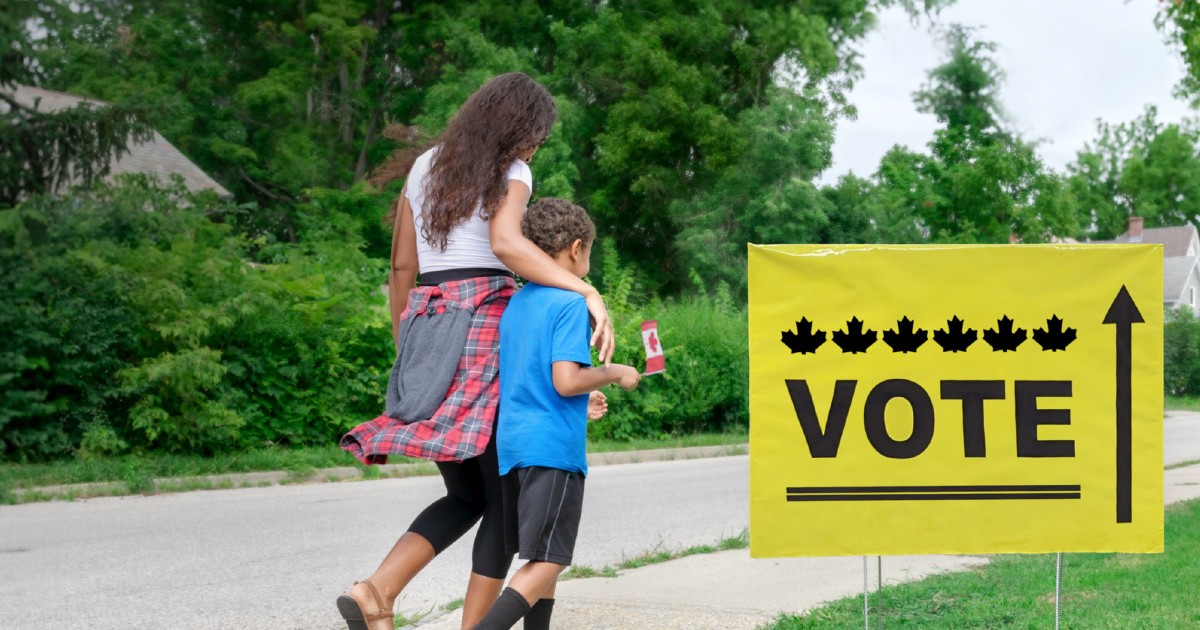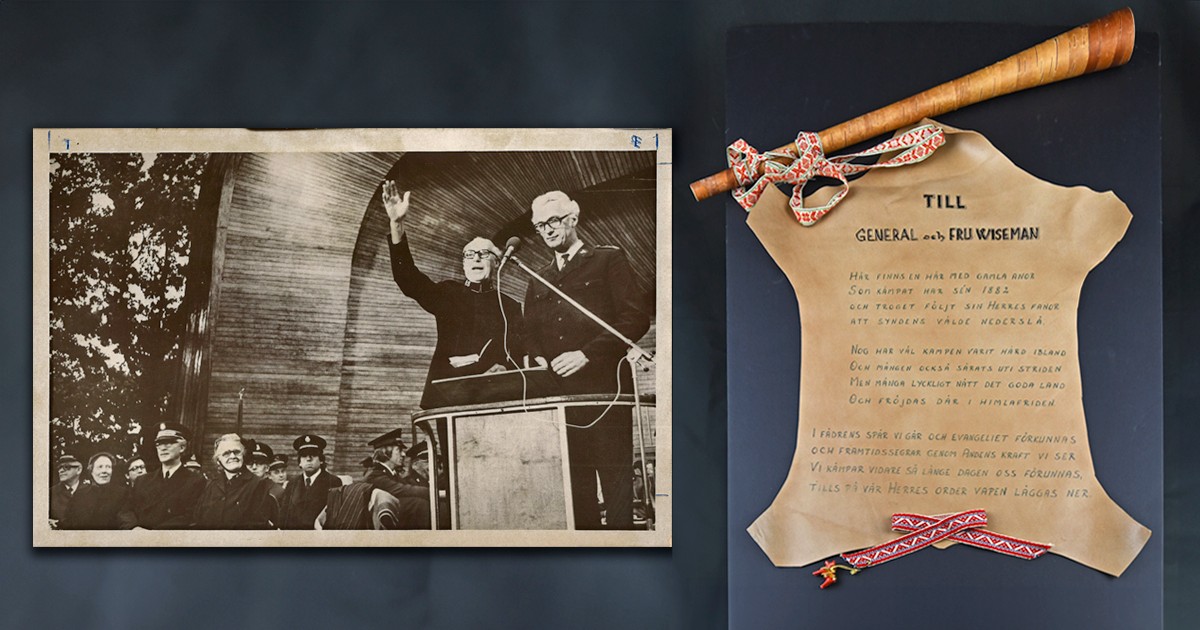Let’s talk politics. (Three words I never thought would leave my mouth!) Over the last several months, with the inauguration of a new president in the United States and a federal election here in Canada, the world’s attention has been focused on leaders and platforms and policies—and our kids are watching how we engage. They’re learning from how we speak at the dinner table and what we post on social media. How do we teach them to engage politically, without losing sight of eternity?
Politics in themselves are not the problem. In fact, I would argue that Christians should be engaged. We should care deeply about justice, leadership and the protection of the vulnerable. But our engagement must look different because we serve a different kingdom. How do we teach our kids to be in the world, but not of it?
Here are a few truths we’ve been leaning on in our house:
- It Doesn’t Matter as Much as We Think
I know that sounds jarring, but Jesus himself put politics in their place. When asked whether it was right to pay taxes to Caesar, he replied: “Give back to Caesar what is Caesar’s, and to God what is God’s” (Matthew 22:21). Translation: be a good citizen, but don’t confuse your government with your God. Jesus lived under Roman rule, yet he never spent his time trying to fix Rome—he spent his life proclaiming the kingdom. Teach your kids, be informed, be engaged. But don’t expect the kingdom to come through a policy. It already came through a Saviour.
- Don’t Fight for a Seat—Build a Table
The world will tell you to climb the ladder. To fight for your voice to be heard. To get to the top because only then will you matter. But Jesus didn’t fight for a seat in the temple. He flipped the tables.
He didn’t push for power in the Roman courts. He walked dusty roads, washed feet and fed the hungry. Jesus didn’t ask for influence, he created space. That’s what kingdom engagement looks like.
We don’t need to claw our way into broken systems. We’re called to build our own tables—ones marked by grace, love and humility. And when we build those tables, we invite everyone: the politically passionate, the weary, the hopeful. All are welcome.
Teach your kids this: you don’t need to be the loudest voice in the room. You probably shouldn’t be. Just make sure your voice and your posture are like Jesus.
- Step Back: Is This Eternal or Temporal?
One of the most helpful tools we can give our children is discernment, the ability to pause and ask: does this really matter for eternity? We waste a lot of time rearranging furniture in a house that’s destined to crumble. But the kingdom of God? It’s eternal. It’s unshakable. It’s not red or blue or green or purple—it’s righteousness, peace and joy in the Holy Spirit (see Romans 14:17).
Before we plant our flag in a political stance, let’s ask: does this position reflect the heart of Jesus? Does this fight point people to the cross? Does this conversation bear eternal fruit—or is it just temporary noise?
Because sometimes, we’re just rearranging deck chairs on the Titanic—and God’s calling us to build lifeboats.
- Walk Roads That Lead to Love, Safety and God’s Presence
This is the real test of our engagement: does it create safety for the vulnerable? Does it reflect the love of God? Does it make space for the presence of Jesus?
That’s the road we want to walk. That’s what we want to model for our children.
We’re not teaching our kids to avoid politics. We’re teaching them to go deeper than politics. To think critically, love radically and remember that kingdom things are always the main thing. We are raising image-bearers, not party members. So, let’s teach them the Scriptures, rather than slogans. Teach them to listen before they speak. Teach them that righteousness and justice are the foundations of God’s throne (see Psalm 89:14), and that starts in our homes, not in the House of Commons.
At the end of the day, we’re not raising activists—we’re raising disciples. And disciples don’t need a seat at the table. They’ve already been invited to the only one that matters.
CAPTAIN BHREAGH ROWE is the community ministries officer, St. Albert Church and Community Centre, Alta.
Photo: Christine Glade/stock.Adobe.com
This story is from:










Captain Breagh Rowe has given us an arresting article.
I agree that politics really is not the all-important thing that our news reports and much of the digital media world make it out to be.
But, I don't agree with the comment at the end of the article: "we're not raising activists--we're raising disciples." The two are not incompatible. Factionalized partisanship and power-hungry politicians are at odds with following Jesus. However, politics in a broader sense exists everywhere people live in groups and need decisions that impact all of them. How we teach our children what justice and fair decision-making mean are difficult, but important, Christian tasks.